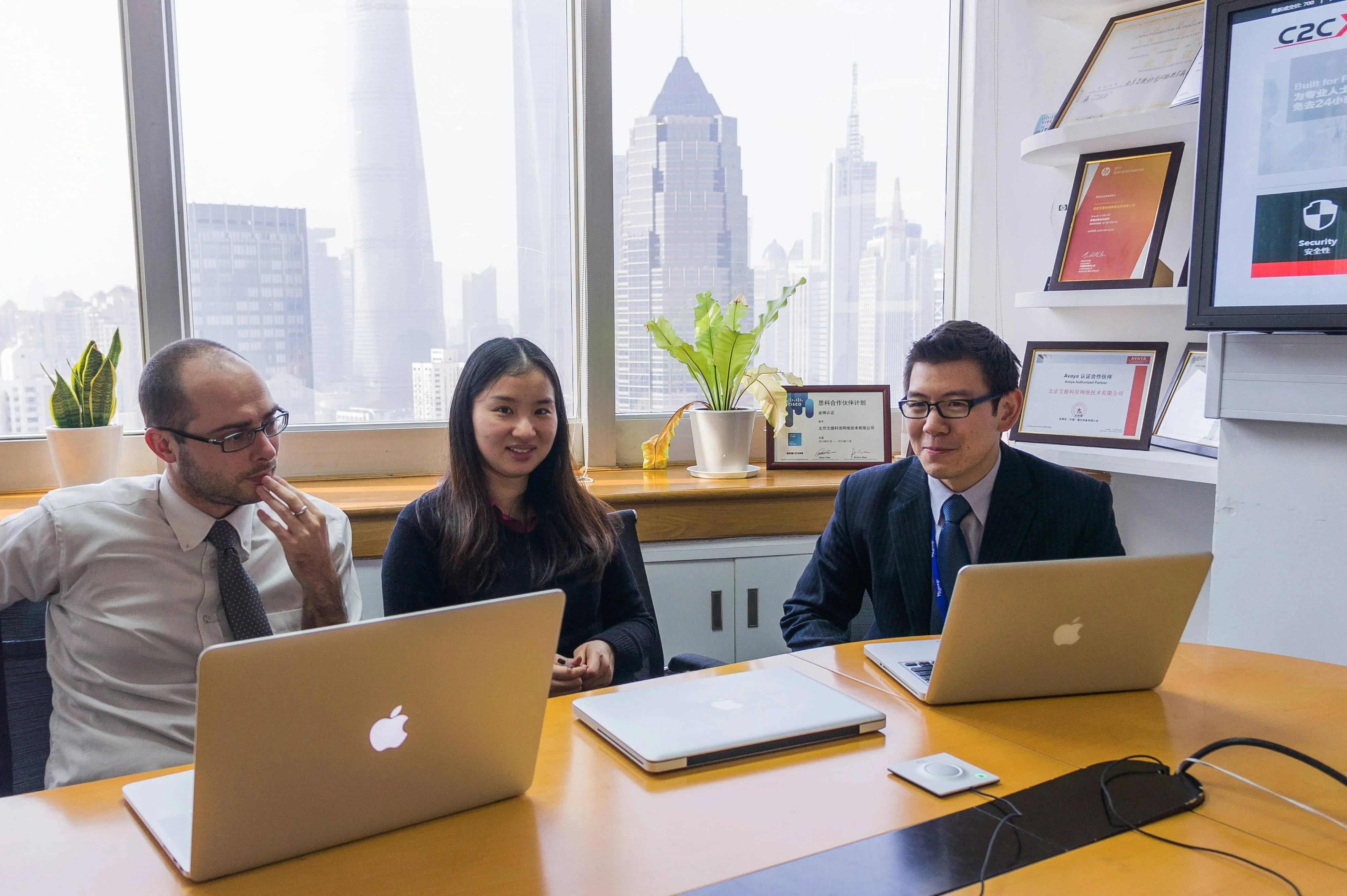The 3 Steps to Maximizing Your Collaboration Skills
Unless you live and work alone in a cave,it is almost certain that you have
work relationships that involve some level of collaboration. Collaboration is
vital not just for getting work done as efficiently as possible; it is also
critical for optimum workplace satisfaction, because true collaboration
increases an individual’s morale, sense of accomplishment, and identity within
their team and company. As a leader or an aspiring one, you should be
consistently reflecting on how you collaborate and seeking opportunities to
raise your “collaboration game.” Not only will being a strong collaborator
raise your productivity and job satisfaction, it will reinforce to others that
you are a leader.
Every day, without thinking about it, you head to work and spend the day
interacting in a number of collaborative relationships. You might collaborate
with your closest team member, your supervisor, someone in another department,
or maybe someone in a satellite or overseas office. When collaboration is
easy, the process flows effortlessly. You explore ideas and approaches to the
current project or task, go back and forth over how to get it done, divide
duties according to individual skills, and move forward to complete the job.
Sometimes, however, you wish it would be this easy. Occasionally, things just
don’t click with the other person, despite a mutual desire to be successful.
Start with a strong foundation
But why are some relationships easy and fluid while others feel like an uphill
battle? In any human interaction, there is a host of things of things going on
that can influence the outcome. In order to maximize effective workplace
collaborative relationships, they must have the following:
- Clear objectives
- Clear roles
- Trust that each party will fulfill what they have agreed to do
- Communication that is open and timely
Optimize and refine
Fine-tuning your collaboration skills begins with assessing all of your
existing collaborative relationships.
- First, confirm the people with whom you have strong relationships. Think about the personality traits you and the other person share that enable you to work so well together.
- Next, think about the complimentary skills the two of you share and how they mesh together.
- Finally, ask what enables strong ongoing collaboration to take place.
Tackle your challenging relationships
Once you identify the current collaborative relationships that are working
well, look to the collaborative relationships that seem strained, difficult,
or non-existent. Identify what causes friction between you and the other
person when you communicate or try to work together. Think about situations in
which you don’t see eye-to-eye on, and think of approaches or strategies that
would spell great success if you were able to agree more often.
In order to make your more challenging collaborative relationships stronger,
uncover what elements undermine greater collaborative success. Don’t be afraid
to look in the mirror: often, others reflect the more difficult aspects of
ourselves in the way they react to us. Identify any triggers that set off a
reaction either within you or in the other person. Also, identify what you can
do to become more agreeable, more flexible, and more open in any collaborative
situation. Focus on making your communication more positive, dynamic and
solution-oriented, rather than focusing on your position and the other
person’s skills, traits, or work habits.
Conclusion
Spending a few minutes each month to consider how you can improve the
relationships you have with the people you work with can have a powerful
impact on how much work gets done, as well as impact the feelings that people
have about achieving results.





